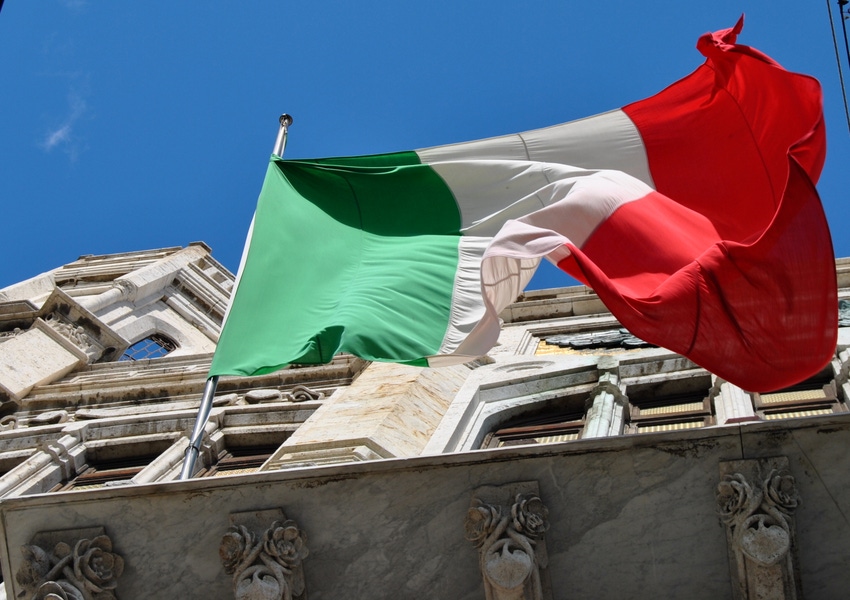With a suspiciously positioned government, perhaps we should not be surprised Italy is going against popular trends by proposing a nationalised broadband network.
November 30, 2018

With a suspiciously positioned government, perhaps we should not be surprised Italy is going against popular trends by proposing a nationalised broadband network.
Italian government minister Alessandro Morelli has suggested forming a new, state-controlled company, which would merge Telecom Italia’s broadband network and state-owned Open Fiber’s assets, according to Reuters. Few European states would consider such a proposition, though with the current political landscape in Italy, perhaps we should have expected such an idea.
After this year’s election resulted in a hung-parliament, law professor Giuseppe Conte was appointed as the prime minister despite not having run for office. Conte currently has the support of both League and the Five Star Movement, two fringe political parties who have found themselves with a surprising amount of influence. ‘Fight the power’ political parties are gathering support across Europe, though few have the potential to have a material impact on its country as League and the Five Star Movement.
Earlier this month, League leader Matteo Salvini suggested the government should be in control of assets which deal with public data, though this is the first time where the broadband assets have been specifically mentioned. While there are examples of nationalised networks around the world, there are few examples in Europe.
For those who do not like the idea of nationalised networks, rest assured this situation will not emerge in the UK, not under the current government at least. Speaking at The Great Telco Debate in London, Ofcom’s Director of Strategy, Clive Carter, underlined the regulators position of private competition.
“In the UK, we want to see multiple, competing networks in the vast majority of the UK,” said Carter. “Why do we want that? Why is the idea of nationalisation and a single monopoly bad? I think what has been shown right across Europe is that competition is what drives investment. Its the risk and fear that someone else is going to come along and eat your lunch that pushes you to invest and innovate.”
Some might suggest a nationalised network is the best route towards closing the digital divide and creating a full-fibre network, though that is not the position in the UK. The idea of a company which is not under quarterly financial pressure does sound good in theory, though there are few examples of successfully reversing privatisation to quote.
About the Author(s)
You May Also Like







.png?width=300&auto=webp&quality=80&disable=upscale)

.png?width=300&auto=webp&quality=80&disable=upscale)
_1.jpg?width=300&auto=webp&quality=80&disable=upscale)



.png?width=800&auto=webp&quality=80&disable=upscale)